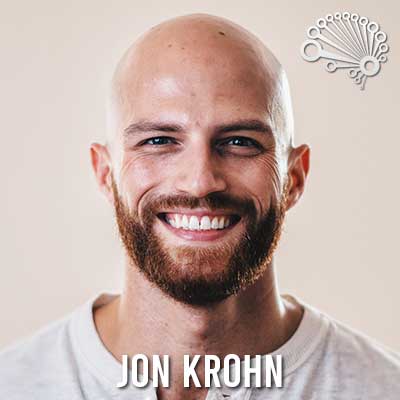Welcome back to the Five-Minute Friday episode of the SuperDataScience Podcast!
This week, Jon is moving onward with another daily habit by introducing listeners to his daily technical exercise. If you haven’t started tracking your habits, it’s not too late! Start tracking along with Jon during each weekly episode of Five-Minute Friday.
At the beginning of the new year, in Episode #538, Jon introduced the practice of habit tracking and provided listeners with a template habit-tracking spreadsheet. As he continues sharing his many habits, he devotes this week’s episode to his technical exercise, which includes completing a mathematics or programming exercise daily.
Data science is both a limitlessly broad field as well as an ever-evolving field, and when learning is undertaken on a regular basis, Jon insists that it can expand our capabilities and open doors to new professional opportunities.
When it comes to growing your technical skills every day, Jon also says that the specific subject area does not matter. The key, again, is to keep learning. That said, if you’re curious as to why Jon chooses to focus on math, computer science, and programming as the subject areas for his daily-technical-exercise habit, he outlines these reasons:
- These subjects form the central foundations of being an outstanding data scientist or machine learning practitioner.
- They are often challenging, which makes pursuing them rewarding.
- Many of their foundational concepts overlap, and for Jon discovering these interdisciplinary connections is especially exhilarating.
- They are effectively infinite in scope, meaning Jon will likely never run out of a wide variety of exciting new math, CS, or programming topics to dig into.
Tune in to hear about the resources and online destinations to get this habit up and running.
ITEMS MENTIONED IN THIS PODCAST:
- SDS 538: Daily Habit #1: Track Your Habits
- SDS 556: Jon’s Machine Learning Courses
- Khan Academy
- DataQuest
- Linear Algebra for Machine Learning: Complete Math Course on YouTube
- Calculus for Machine Learning
- SuperDataScience Podcast Virtual Library
- Introduction to Statistical Learning by Gareth James, Daniela Witten, Trevor Hastie and Robert Tibshirani
- Concrete Mathematics by Ronald L. Graham, Donald E. Knuth and Oren Patashnik
- Deep Learning Illustrated by Jon Krohn, Grant Beyleveld and Aglaé Bassens
- Jon’s habit tracker
DID YOU ENJOY THE PODCAST?
- Which area of your data science toolkit could benefit from a daily technical exercise?
- Download The Transcript



